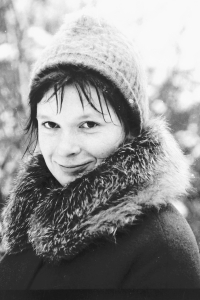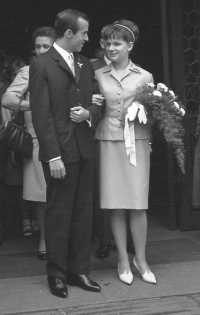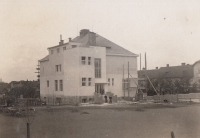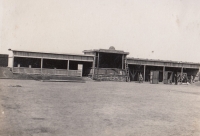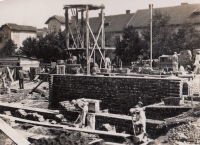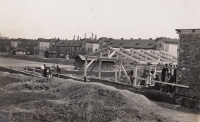Women from Karlov used to sit at the gates of the factory, knitting and talking
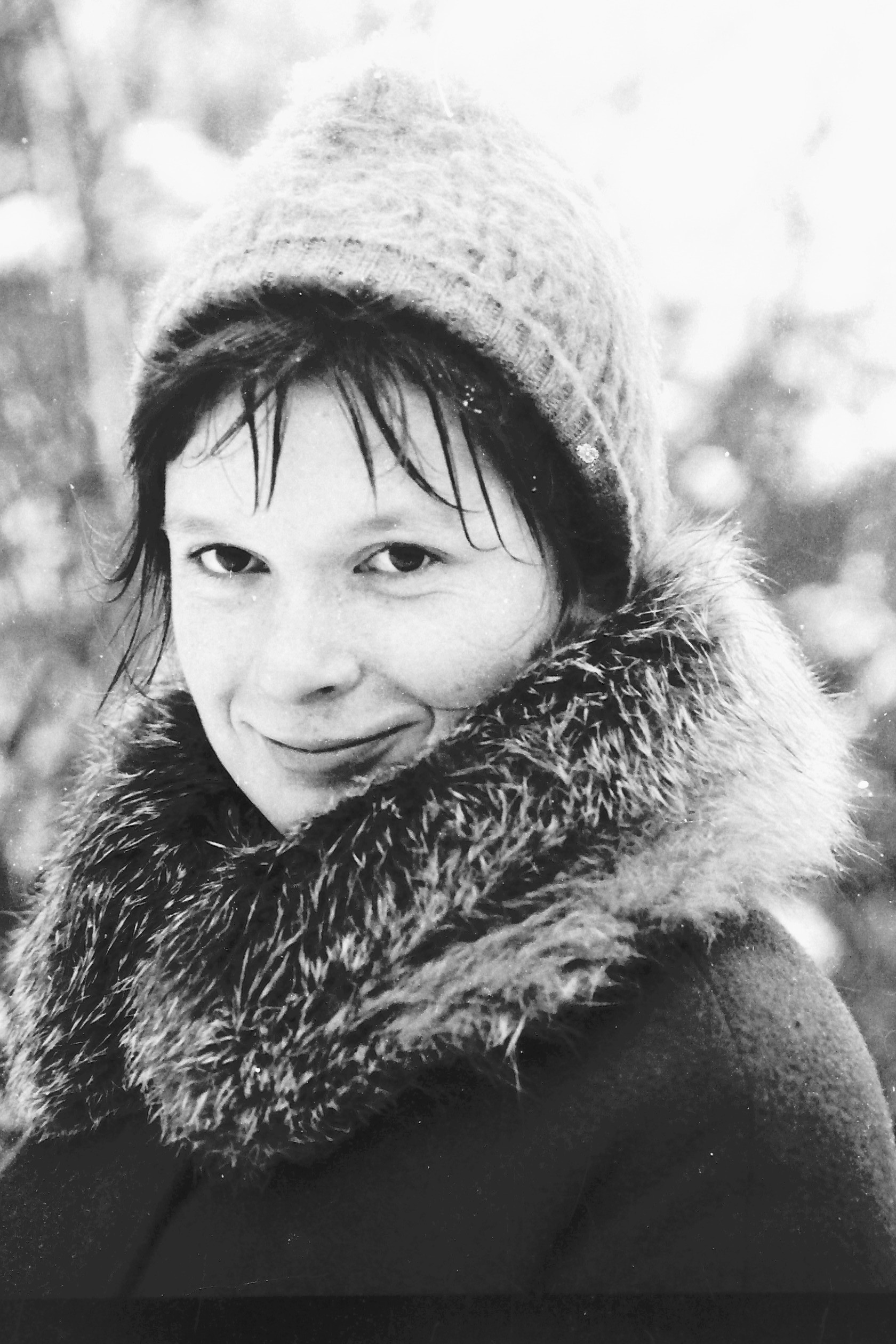
Download image
Marie Kučerová, née Bulová, was born on 20 August 1945 in Pilsen. She grew up in the Karlov district which has ceased to exist. Her first childhood memories are related to blasting away and removing the ruins of the Karlov school, which was destroyed by Allied air raids at the end of the war. Marie Kučerová describes the rich social and cultural life of the workers’ local community, but also the darker side of living near the Škoda factories. After completing her apprenticeship, she worked as an assortment person in the Houseware Company, and in her opinion, the lack of goods in socialist Czechoslovakia is well illustrated by a scene from the film Na samotě u lesa (Seclusion Near a Forest). In the 1980s, she accompanied her husband Karel Kučera on a business stay in Moscow, where she was shocked by the contrast between the spectacular television programmes and the poverty of ordinary people.
